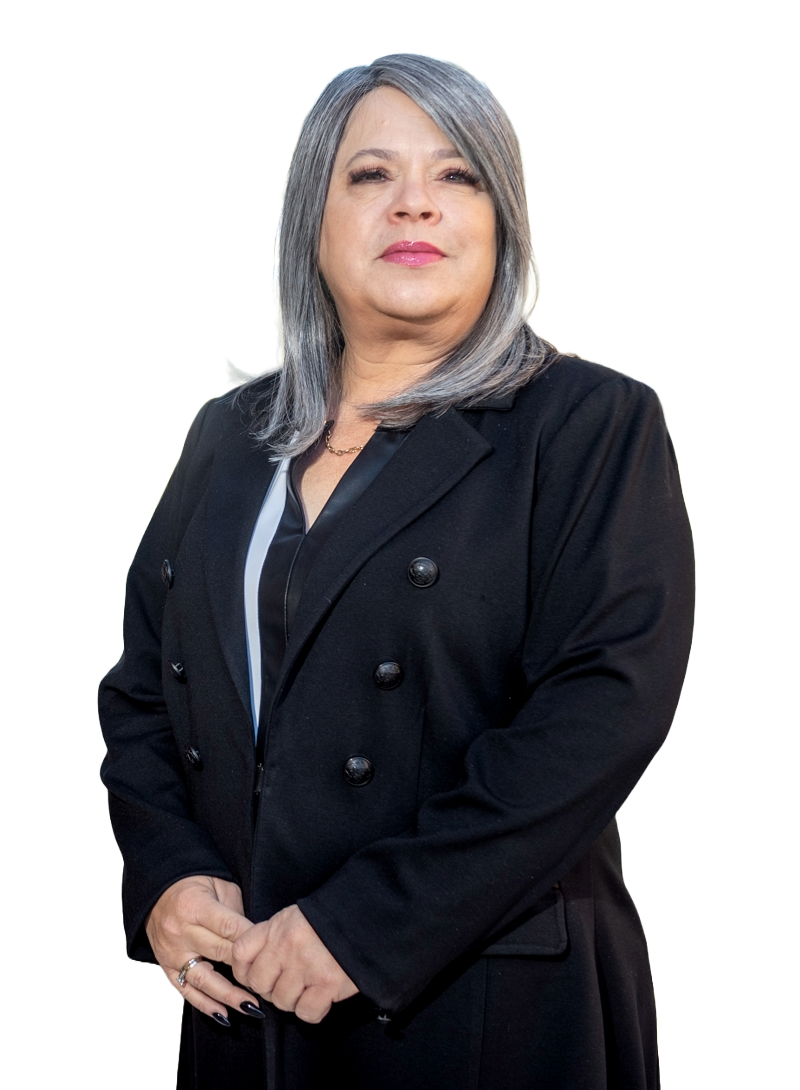What Are the Steps Involved in the Divorce Process?
Divorce can be a difficult and emotional process. However, knowing the steps involved in the divorce process can make it more manageable. At Warnock Family Law, located in Las Vegas, Nevada, they're experienced in helping clients through every stage of the divorce process.












